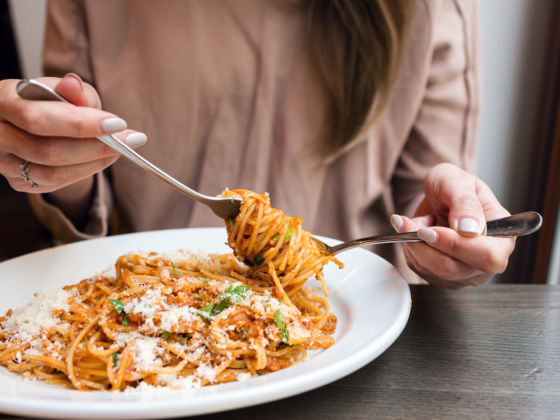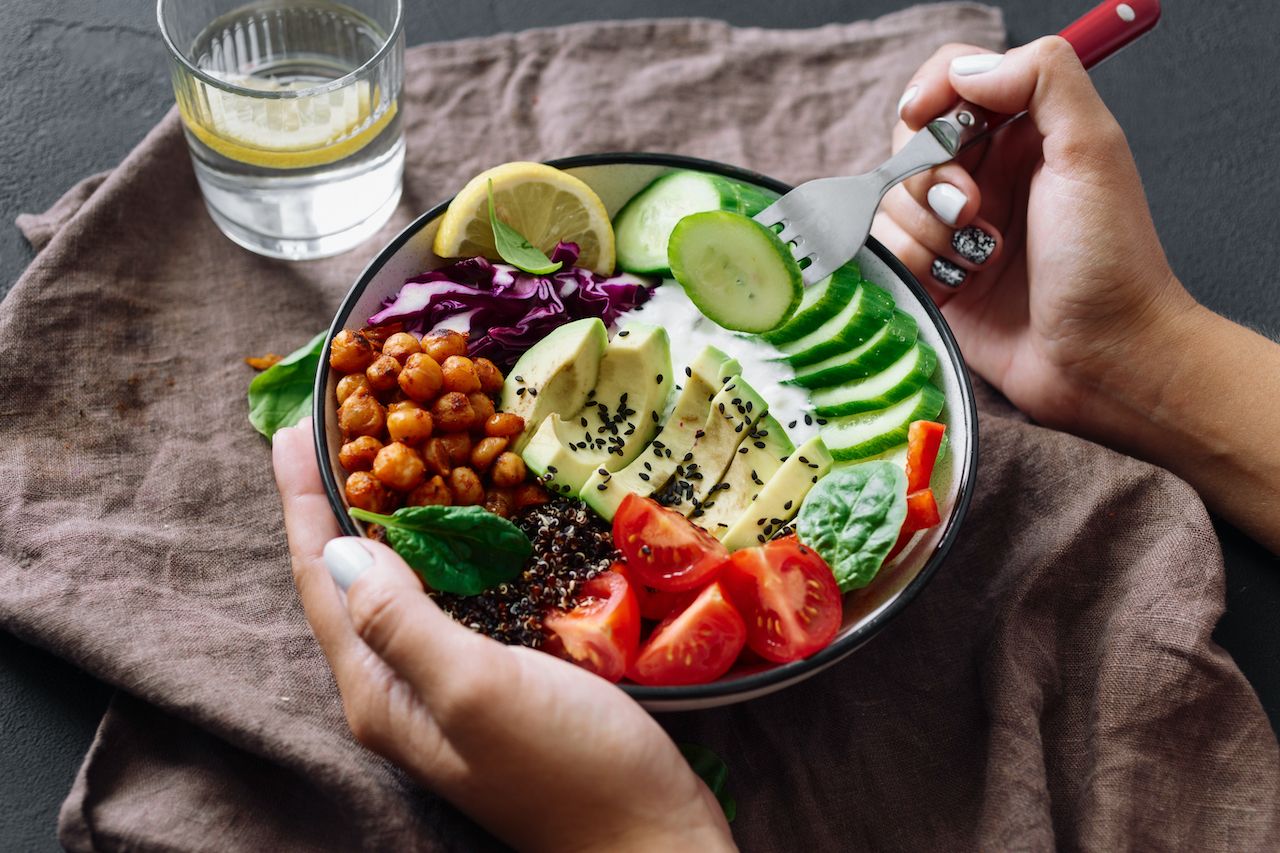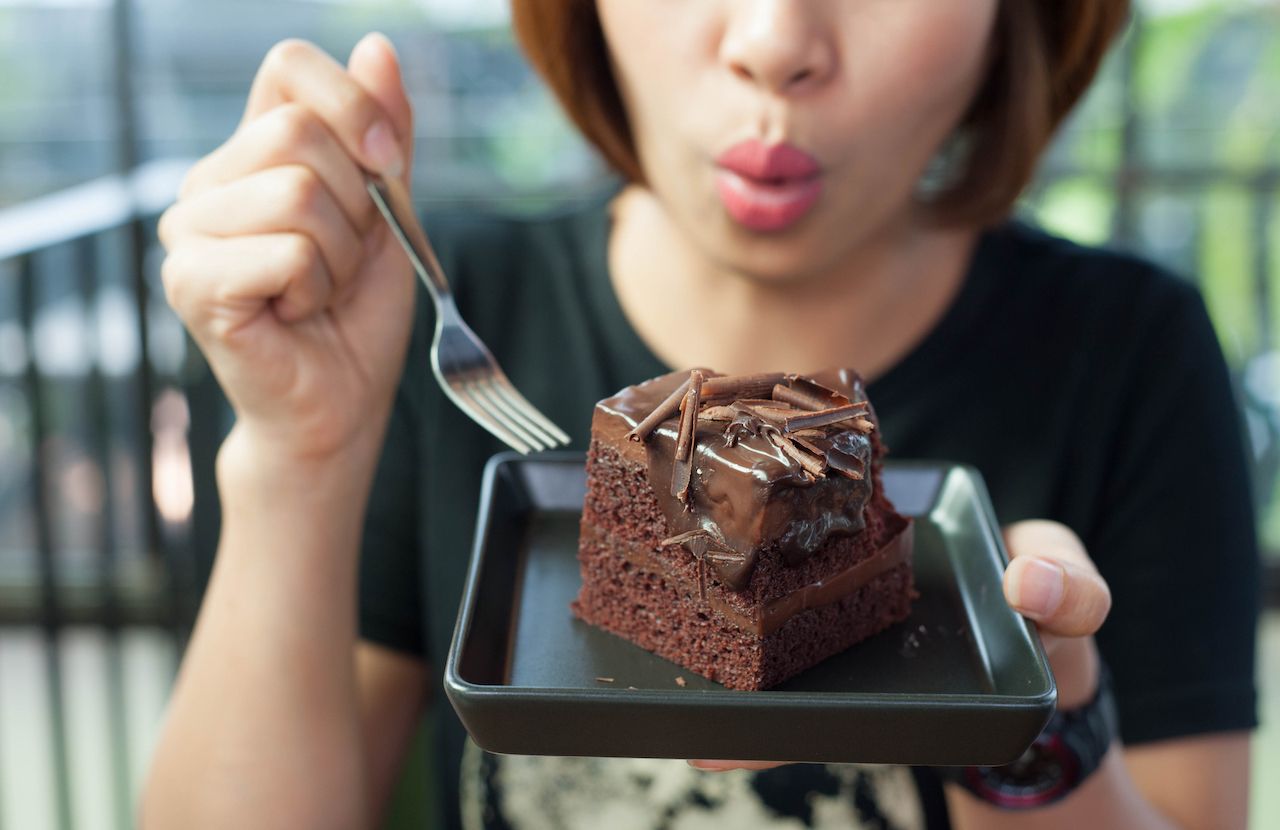I love to eat. I love gooey, melty mac and cheese and creamy, tangy penne vodka. I love crispy chicken sandwiches topped with a crunchy pickle, soft white chocolate chip cookies, and heaps of vanilla soft serve splattered with rainbow sprinkles. Some people get joy from reading or hiking or playing piano. I derive almost all my joy from food.
So you can imagine my dismay when, about five years ago, a new food trend emerged, which tried — and nearly succeeded! — to make me feel disgusting and miserable for taking pleasure in salt, snacks, sweets, and carbs. Fueled largely by Instagram, followers of this trend preached, with near religious fanaticism, the power to solve every problem in your life: depression, acne, bloat, stress.



